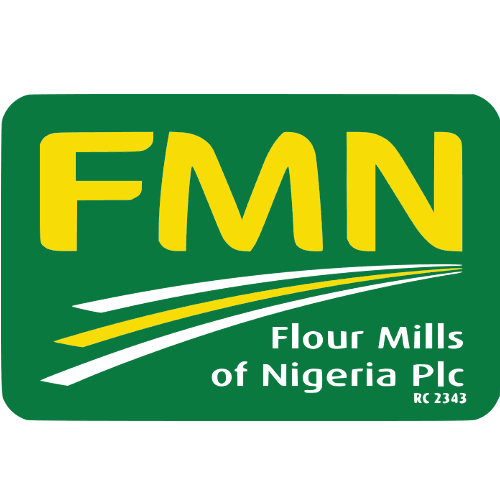FMN Leads the Way in Silo Concession Revitalization Program, Meets All FG’s Conditions


In the ongoing effort to bolster Nigeria’s food self-sufficiency and reduce food wastage, Flour Mills of Nigeria (FMN) has distinguished itself as the only private company to fulfill all requirements of the Federal Government’s silo concession revitalization initiative. The program, spearheaded by the Ministry of Agriculture and Food Security under Senator Abubakar Kyari, aims to transform Nigeria’s grain storage infrastructure and ensure affordable, accessible grains nationwide.
This initiative is part of the broader 2017 silo concession project overseen by the Infrastructure Concession Regulatory Commission (ICRC), which transferred approximately 22 of Nigeria’s 33 silo complexes to private sector management. Out of the five private operators managing 17 complexes, FMN, operating three through separate Special Purpose Vehicles (SPVs), is the sole company to meet all conditions and demonstrate optimal performance, according to a statement from the Ministry’s Head of Information, Mr. Ezeaja Ikemefuna.
FMN’s involvement in agriculture dates back to 1978, beginning with the acquisition of a 10,000-hectare farm in Kaboji, Niger State. This move was part of a strategic effort to develop the sugar supply chain and decrease dependence on imported raw materials. Over the decades, FMN has invested heavily in cultivating various crops—including soybeans, palm fruits, cassava, wheat, maize, sugarcane, and sorghum—and has established extensive systems for grain storage, aggregation, and distribution.
Celebrating over sixty years of contribution to Nigeria’s economy, Group CEO Mr. Boye Olusanya emphasized FMN’s role in national development: “More than just a business, FMN is a vital partner in Nigeria’s growth. For over six decades, we have provided livelihoods for millions of families through employment and sustainable practices, safeguarding our national heritage and ensuring environmental responsibility.”
FMN’s strategic focus on backward integration, import substitution, and farmer support exemplifies its alignment with Nigeria’s economic development goals. Its unwavering commitment has fostered a resilient agricultural sector and contributed significantly to Nigeria’s journey toward food self-sufficiency.
Mr. Olusanya concluded, “We remain dedicated partners of the Federal Government and the Ministry of Agriculture and Food Security, under Senator Abubakar Kyari’s leadership, in advancing projects that aim to make Nigeria self-sufficient in food production.”


